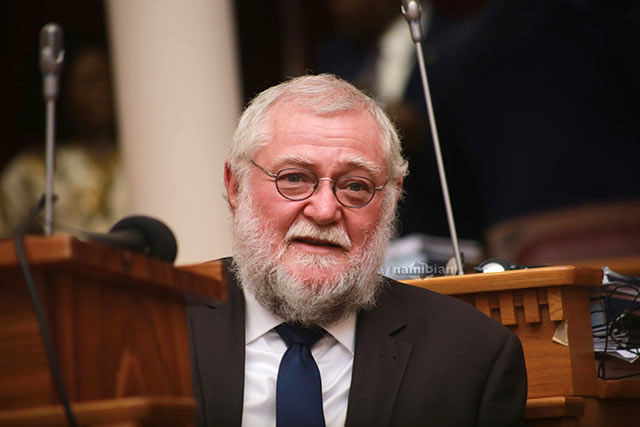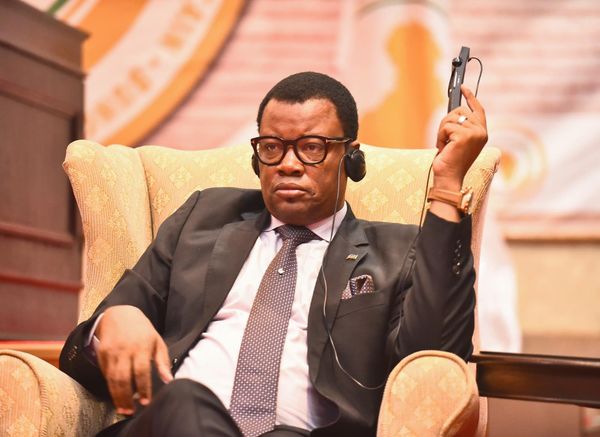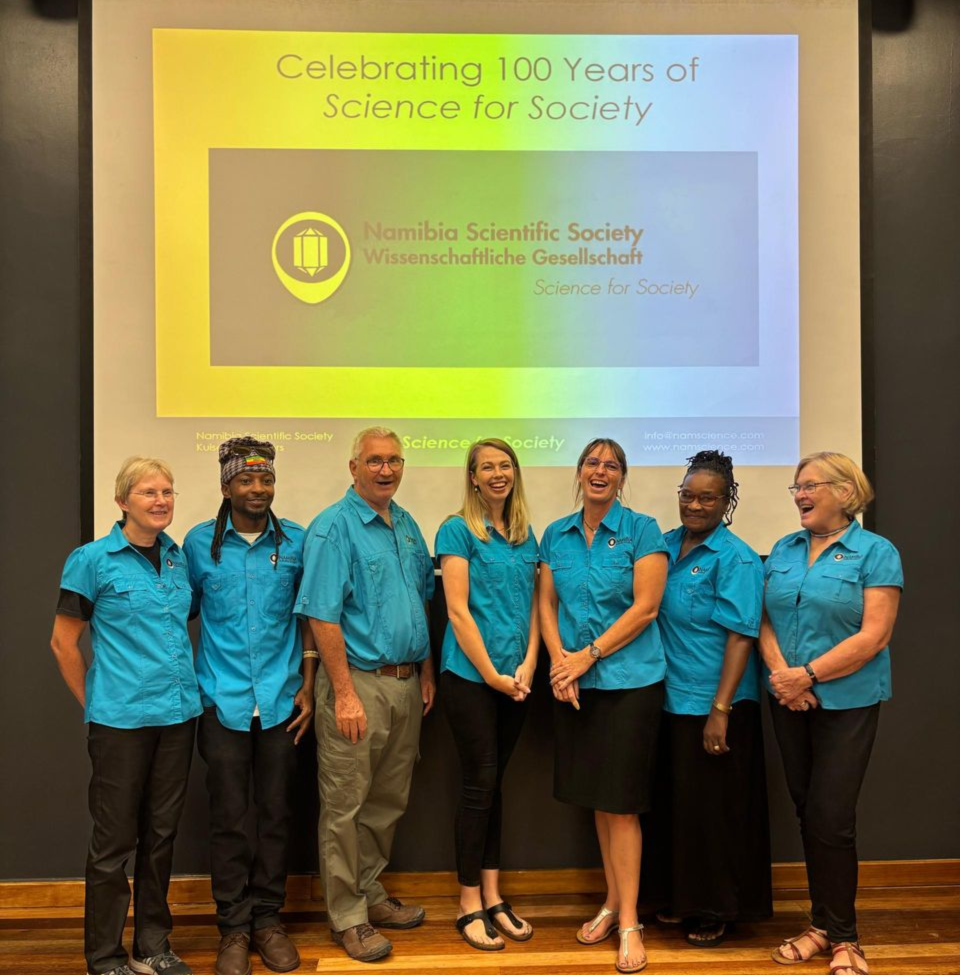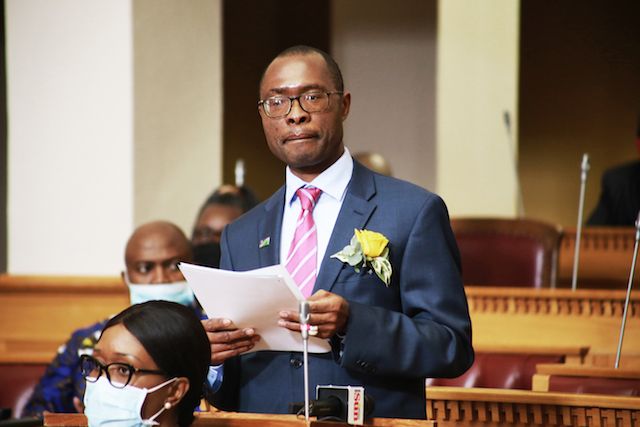FORMER South African politician and foreign affairs minister Roelof Frederik ‘;Pik’; Botha, who died at his home in Pretoria, South Africa on Friday last week, has left behind a trail of mixed memories with those who knew him and the policies he advanced and defended.
While tributes poured in on various media platforms following his death at the age of 86, there were also those who remember him as a staunch supporter of the apartheid regime.
Botha served as white-ruled South Africa’;s foreign minister for 17 years after his appointment in 1977, and was instrumental in paving the way for Namibia’;s independence. South Africa’;s first ambassador to Namibia, Riaan Eksteen, who now lives at Swakopmund, said Botha was one of the greatest personalities of South African politics.
In a tribute, Eksteen, who is a friend and former colleague of Botha, said all those who encountered Botha at negotiation tables in South Africa and around the world can attest to his perseverance.
“With that skill, he often frustrated his interlocutors. They never underestimated his endurance to pursue his objectives. When he outmanoeuvred them, he never gloated about it.
They, in turn, did not speak ill of him. On the contrary, on the international scene, he was revered and admired,” Eksteen said, adding that Namibia played a definitive role in Botha’;s life, one that moulded his engagement with the international community.
He referred to Botha’;s involvement in two court cases at the International Court of Justice in The Hague, numerous Security Council debates, “and arduous endeavours in pursuing” the implementation of Resolution 435 over a period of 20 years, which all added up to ensure a special place for Namibia in his life.
Eksteen was also intimately involved in the negotiation phases leading up to the adoption of Resolution 435 while he was Africa’;s ambassador to the UN in New York (1976 – 1981), and as head of planning in the South African foreign ministry, he continued to devote his attention to the implementation of the resolution before becoming ambassador to Namibia from February 1990 to January 1992.
“Even more dear to [Botha] were the friendships he formed with Namibians from all walks of political life,” said Eksteen, adding that the “most treasured” were those with the nation’;s founding president Sam Nujoma and incumbent Hage Geingob, together with his erstwhile counterpart as foreign minister, Theo-Ben Gurirab, and former DTA leader Dirk Mudge.
Namibian diplomat Tuliameni Kalomoh, who serves as special adviser to the minister of international relations and cooperation, and previously served as assistant secretary general for political affairs of the United Nations under UN secretary general Kofi Annan, told The Namibian yesterday that although he never personally worked or dealt with Botha, he regarded the former SA minister as a formidable, but civil adversary.
“He was pugnacious in his robust defence of apartheid policies, including the many brazen acts of aggression against Angola and Mozambique.
He exaggerated facts to make his case, including the sad events surrounding the 1 April 1989 tragedy,” he said.
Kalomoh added that Botha was also known as a “verligte” minister among the “verkrampte” ultra-hardliners in the South African regime, and that he was “almost roasted alive” by former SA president PW Botha and other hardliners when he predicted South Africa might one day have a black president.
“That may explain why he joined the ANC in 2000. He was probably a good person, born at the wrong time in history, and then worked for an evil regime,” Kalomoh said.
Stay informed with The Namibian – your source for credible journalism. Get in-depth reporting and opinions for
only N$85 a month. Invest in journalism, invest in democracy –
Subscribe Now!










